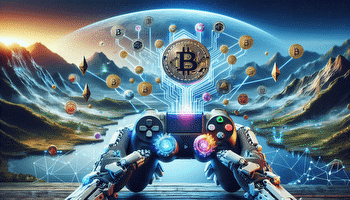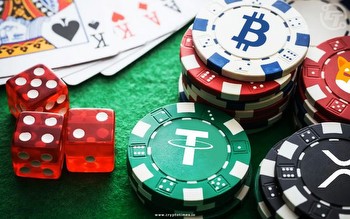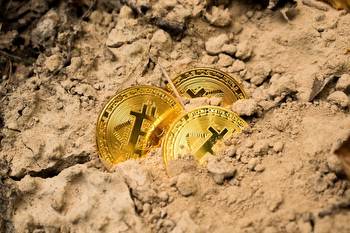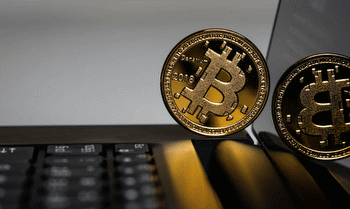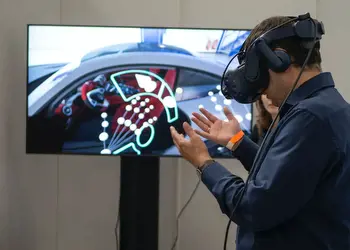Analyzing the Rise of Blockchain Gaming in Online Casinos
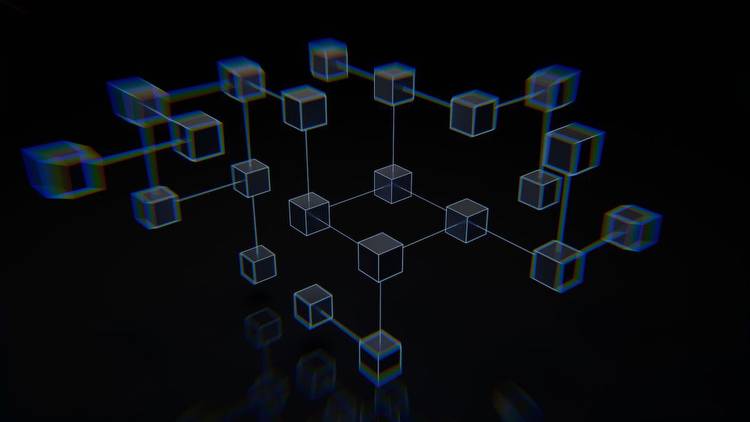
Discover the transformative power of blockchain gaming in online casinos and explore a new era of fair, immersive, and transparent gaming experience.
Blockchain technology has revolutionized various industries, and it is now making its way into the world of online crypto casinos.
The integration of blockchain in gaming introduces a new era of transparency, security, and player ownership.
In this article, we will delve into the potential of blockchain gaming in online crypto casinos, exploring its benefits, challenges, and the exciting opportunities it presents for both players and operators.
Blockchain gaming in online crypto casinos brings a new level of transparency and fairness to the table. Through the use of blockchain technology, every action and transaction within a game is recorded on a public ledger, providing an immutable record of gameplay.
This transparency eliminates doubts and suspicions about the integrity of online crypto games, as players can independently verify the fairness of outcomes.
The decentralized nature of blockchain ensures that no single entity can manipulate game results, promoting a level playing field for all participants. This enhanced transparency instills trust among players.
One of the standout features of blockchain gaming is the concept of true ownership of in-game assets. Traditionally, players invest time and money into acquiring virtual items, only to find themselves limited by the restrictions imposed by game publishers.
With blockchain, the ownership of in-game assets is transferred to the players themselves through the use of NFTs. These unique tokens represent digital assets, such as characters, weapons, or virtual real estate, and are stored on the blockchain.
This ownership empowers players to freely buy, sell, and trade their assets on blockchain-based marketplaces, without any restrictions imposed by centralized authorities.
The decentralized nature of blockchain ensures that these assets remain secure and cannot be taken away or manipulated. This paradigm shift in ownership opens up exciting opportunities for players to truly control and monetize their gaming experiences.
Blockchain gaming enables interoperability and cross-game integration, revolutionizing the way players interact with virtual worlds.
Traditionally, each game operates within its own closed ecosystem, making it difficult for players to transfer assets or progress between different games. With blockchain, players can seamlessly move their assets and progress from one game to another, breaking down the barriers of isolated gaming experiences.
This interoperability is made possible by the standardization of NFTs and smart contracts, which allow for the seamless transfer of assets across different platforms.
This cross-game integration not only enhances player freedom and creativity but also fosters a vibrant and interconnected gaming ecosystem where the value of assets transcends individual games.
In the world of blockchain gaming, decentralized governance and community engagement play vital roles in shaping the direction and evolution of the gaming ecosystem.
Unlike traditional gaming models where decisions are made solely by the game developers or centralized authorities, blockchain gaming embraces community involvement and decentralized decision-making processes.
Through mechanisms such as decentralized autonomous organizations (DAOs) and voting systems, players have a say in the development, governance, and improvement of the games they love.
This direct involvement fosters a sense of ownership and belonging within the community, creating a more engaging and collaborative environment.
The transparent nature of blockchain allows players to track the progress of development, offer feedback, and contribute to the growth of the games they participate in.
Decentralized governance and community engagement not only empower players but also lead to more player-centric games and a stronger sense of community within the online crypto casino ecosystem.
While blockchain gaming in online crypto casinos presents numerous opportunities, it also comes with its fair share of challenges. One significant challenge is scalability.
Blockchain networks, particularly those with high transaction volume, face scalability limitations that can hinder the seamless and efficient gameplay experience.
However, ongoing advancements in blockchain technology, such as layer 2 solutions and sidechains, aim to address these scalability issues and improve the overall performance of blockchain gaming platforms.
Another challenge is the learning curve associated with blockchain technology. To fully embrace the potential of blockchain gaming, players and operators need to familiarize themselves with wallets, smart contracts, and decentralized protocols.
Education and user-friendly interfaces are key in overcoming this hurdle and expanding the adoption of blockchain gaming.
Despite the challenges, blockchain gaming allows for the creation of entirely new gaming experiences, where players can earn real value from their in-game activities.
The fusion of cryptocurrencies and gaming provides opportunities for novel economic models, such as play-to-earn, where players can earn cryptocurrencies by participating in and excelling at games.
Moreover, the open nature of blockchain allows developers and entrepreneurs to build on existing platforms, creating an ecosystem of interconnected games and services.
This interconnectedness opens doors for collaborations, partnerships, and the emergence of new business models within the online crypto casino space.
The future of blockchain gaming in online crypto casinos is promising. As the technology advances, we can expect to see even more immersive and visually stunning games that fully leverage the potential of blockchain and virtual reality.
The integration of blockchain with emerging technologies like augmented reality and artificial intelligence will further enhance gameplay and create captivating virtual worlds.
Additionally, the development of cross-chain interoperability protocols will enable seamless asset transfers and interactions between different blockchains, expanding the scope and possibilities of blockchain gaming.
We can also anticipate the continued growth of decentralized finance (DeFi) within the gaming ecosystem, allowing players to access financial services, earn passive income, and participate in decentralized markets directly within the games they play.
With enhanced transparency, true ownership of in-game assets, interoperability, and decentralized governance, players can enjoy a more secure, fair, and engaging gaming experience.
While challenges exist, they present opportunities for innovation and growth. As we look to the future, the fusion of blockchain and gaming promises to unlock new realms of possibility and create a vibrant ecosystem for players and operators alike.
By providing a solid foundation for innovation and player empowerment, blockchain gaming in online crypto casinos is poised to shape the future of the gaming industry.
Embracing this technology opens up new horizons, enabling players to experience games in a whole new way while enjoying the benefits of decentralization, transparency, and ownership.













